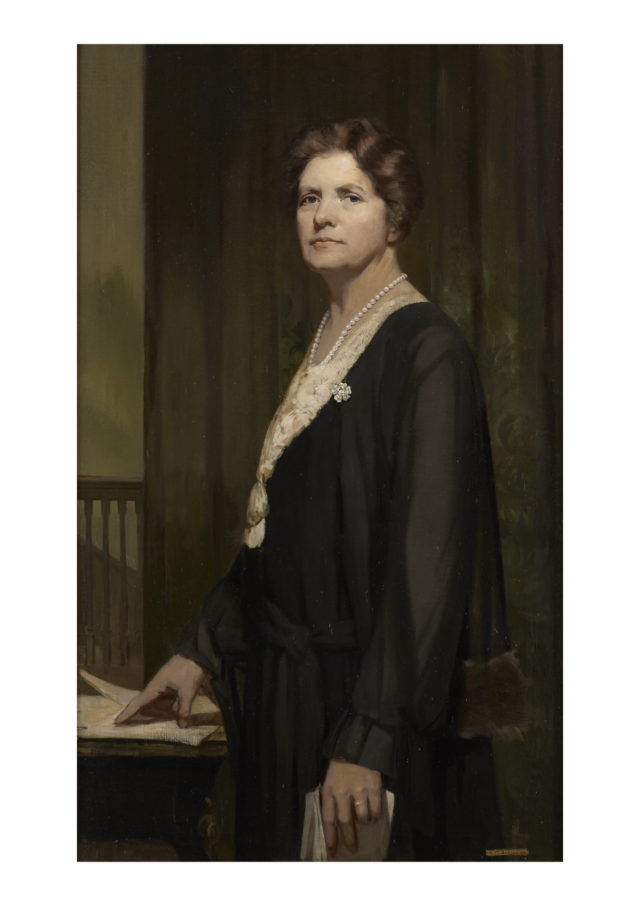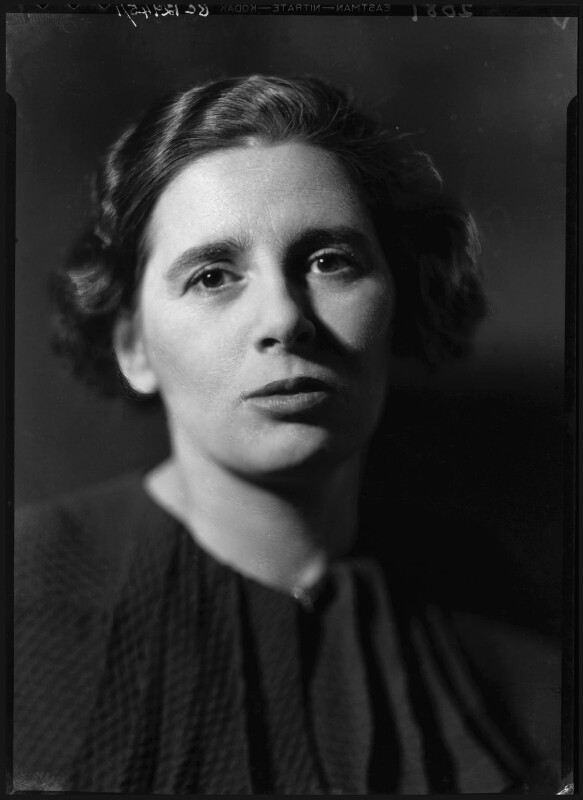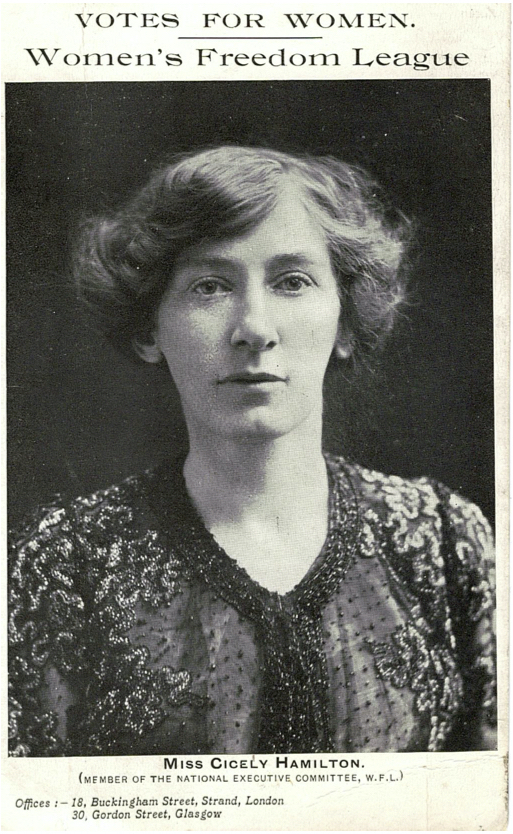
Following her death in September 1935, two special editions of Time and Tide were devoted to Winifred Holtby’s memory. Filled with testaments to her talent, character and immense joie de vivre, these came from friends and strangers across the country. They all expressed their deep sadness at the loss of a great friend and human being (even if they had never met her), who had died so young at the age of 37.
Author and journalist, Holtby’s life was dominated by causes: feminism, pacifism, anti-racism, anti-fascism, socialism and a commitment to the ideal of the woman citizen. Often linked to Time and Tide and its concerns, she publicised these causes at home and abroad.
Born in 1898, in the Yorkshire hamlet of Rudston, Holtby enjoyed an idyllic childhood on the family farm, in a distinctly matriarchal household. She was eventually tamed at Queen Margaret’s School in Scarborough. Her talents were recognised in this academic girls’ school and Oxford University followed. She made a stuttering start to her university career; postponing her place at Somerville College in 1917 to become a VAD nurse and in 1918 to join the Women’s Auxiliary Army Corps. She returned to Oxford, after demobilisation, in 1919, when she became friends with Vera Brittain, who would also write for Time and Tide. The women shared an interest in feminism, joining meetings of the Six Point Group, and eagerly reading Time and Tide, whilst still undergraduates.
Holtby was determined to make a career as a writer after graduating in 1921, and had two novels published soon after leaving university. She supplemented her income by teaching and coaching students for the Oxford Entrance Exams in those early days, but soon made a name for herself as a journalist, placing articles in major national newspapers, significantly the Manchester Guardian, The Radio Times and Good Housekeeping. Holtby began writing for Time and Tide in 1924, and in 1926 she was asked to become a director of the magazine.
Holtby soon become Lady Rhondda’s right-hand woman, with the necessary talents to popularise Time and Tide. Her youthful energy and exuberance impelled a new direction for the paper. Much of its focus, in content terms, was undertaken by Holtby herself, as Angela V. John points out, she “wrote Leaders, editorial notes, home news, political features and much more, including book and theatre reviews. They were signed, unsigned and under the pseudonyms of Corbin H. Wood and GREC. Margaret’s memorial essay to her in 1935 suggested that the paper owed its continued existence to her input.”
Working on Time and Tide and the growing friendship with the influential Lady Rhondda, and her circle, stimulated Holtby’s career. She placed articles in most of the print media of the day; left-wing, right-wing, centrist, rural or urban, including The Times, Times Literary Supplement, Yorkshire Post, Clarion, Daily Express, Daily Telegraph, Nation and New Leader. She broadcast on the BBC; travelled internationally, representing the causes of feminism and peace, including a long lecture tour in South Africa for the League of Nations Union. She published six novels (one posthumously), two volumes of poetry, six volumes of essays and non-fiction works (including a criticism of Virginia Woolf, which was aided by friendships within Time and Tide; two others based on material which had already been published in Time and Tide).
Holtby remained prolific, even after a doctor diagnosed a fatal disease, renal sclerosis (Bright’s disease) in 1931, advising her that she might only have two years to live. In the same year Lady Rhondda offered Holtby the editorship of Time and Tide, but she was too ill to accept. Around this time, Vera Brittain had a serious dispute with Lady Rhondda about Holtby’s commitments. Holtby carried on regardless, writing novels, articles for Time and Tide and fulfilling family commitments.
In 1946 letters appeared in Time and Tide decrying the political shift in its pages and decline in quality of its writing. They wondered ‘what has become of the Time and Tide of Winifred Holtby?’ Time and Tide had changed, so had the world’s political situation. Holtby was gone.
By Gill Fildes
http://catalogue.hullhistorycentre.org.uk/catalogue/L-WH
Berry, Paul, and Bishop, Alan (eds). Testament of a Generation: The Journalism of Vera Brittain and Winifred Holtby. Virago, 1985
Brittain, Vera. Testament of Friendship. McMillan, 1940
Holtby, Alice, and McWilliam, Jean. Letters to a Friend. Collins, 1937
John, Angela V. Turning the Tide: The Life of Lady Rhondda. Parthian, 2013
Regan, Lisa (ed). Winifred Holtby, “A Woman in Her Time” Critical Essays. Cambridge Scholars Publishing, 2010
Shaw, Marion. The Clear Stream: A Life of Winifred Holtby. Virago, 1999


